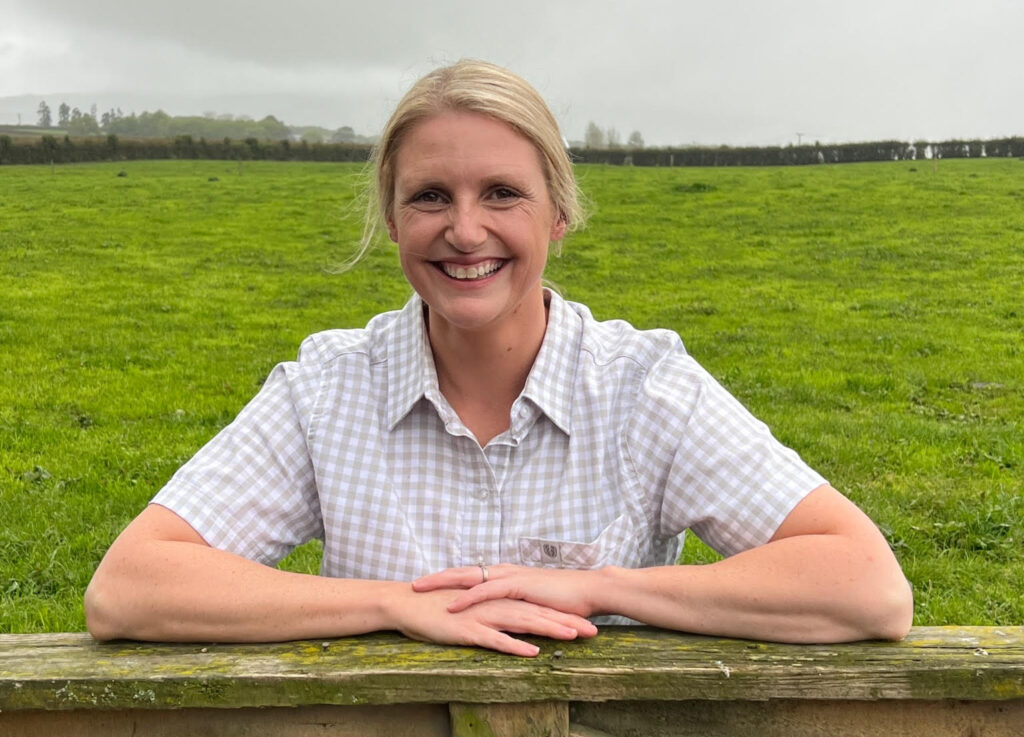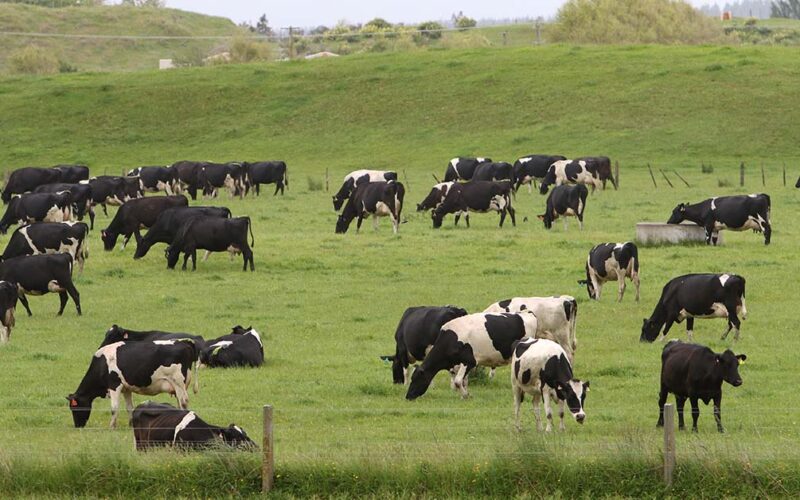Two friends have established a consultancy company to facilitate better relationships between sharemilkers and contract milkers and their farmer-employers.
Louise Gibson and Myfanwy Alexander have set up The Sharefarming Consultants, in the hope of changing how these farmers approach their businesses and how they interact with each other for the better.
Waikato-based Gibson has just finished up as a policy adviser for Federated Farmers in the sharefarming/contract milking area, and Alexander is herself a contract milker, has been a sharemilker and is also the North Otago provincial president of Federated Farmers.
Gibson sees a role in the new business in succession planning – helping to set up timelines and determine the roles family members want in the process, especially if the children have not spent time on the farm.
One of the focuses of the new businesses will be on farm policy to avoid misunderstandings between the farm owner and the sharefarmer, which also includes succession planning.
This often comes down to not quite choosing the right sharefarming model, Gibson says.
While sharefarming with children can be a great tool to enable succession, it can also go wrong.

“I’ve seen many families go into it, and it’s just a disaster because they don’t have that independent focus to look at the business stuff and maintain those personal relationships.”
The farm may also have ongoing issues caused by the actions of the previous employer, which gets the relationship with the owner off to a bad start, she says.
Many of the sharefarmers and contract milkers are also new to the role.
The staff shortages in the dairy industry caused by the covid-19 border closures have seen many rapidly shift up from 2IC or manager roles to be parachuted into lower order sharemilking or contract-milking roles.
Such a jump meant many were ill-prepared and lacked the business skills needed to succeed in these roles.
Some farm owners had also not done the necessary due diligence needed to attract high-calibre candidates and these vacancies tended to attract these inexperienced sharemilkers and contract milkers.
“It created the perfect storm,” Gibson says.
“It has to be a conversation, not a directive. If you are going to make a major farm business decision that impacts your contract milker, you really need to bring them along for that ride.”
This article first appeared in the November edition of our sister publication, Dairy Farmer.






